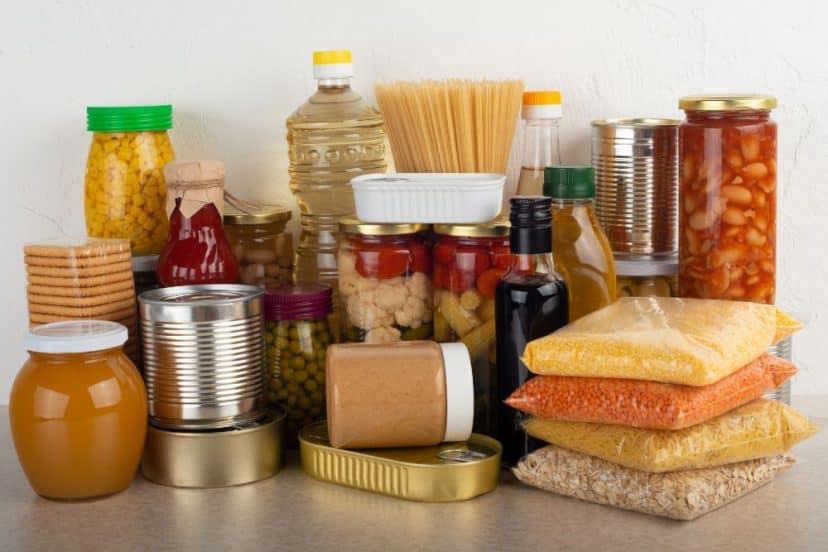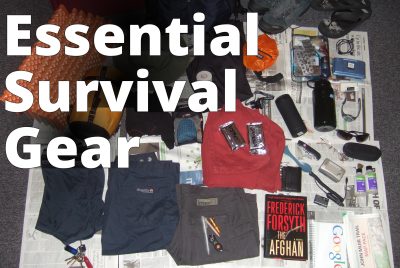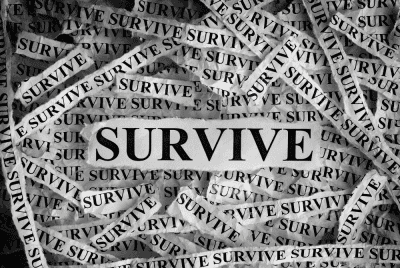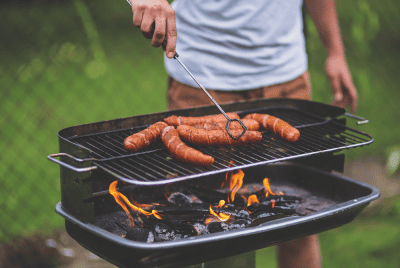Meal Planning For Long-term Emergency Situations
Ready to navigate the stormy seas of uncertainty? Hold our hand as we guide you on a journey of preparation and foresight in the event of a long-term emergency.
“Meal Planning For Long-term Emergency Situations” provides you the crucial groundwork to ensure you and your loved ones stay nourished and healthy.
No one can predict when disaster will strike, but one thing is certain – being well-prepared can often mean the difference between survival and despair.
Our article covers expert tips on essential food items, storage solutions, and even creative meal ideas for prolonged crisis scenarios.
So let’s get ready to face any situation together!
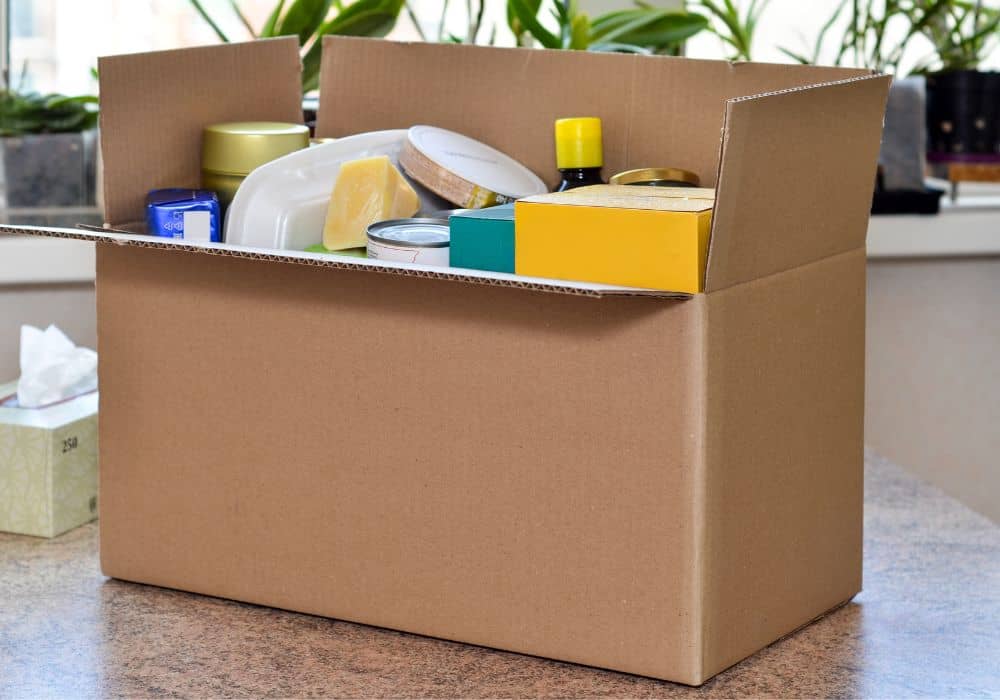
Understanding the Concept of Long-term Emergencies
Emergencies come unannounced and its impact can range from short-lived to long-lasting. We often think of emergencies as emergencies that may last a day or two, like a power outage.
However, long-term emergencies are situations which have prolonged and significant impacts.
These types of situations can arise due to numerous reasons: natural disasters like hurricanes or earthquakes, severe climatic changes, financial crises, prolonged conflicts, or even pandemics.
Defining long-term emergency situations
Long-term emergencies can span months or even years.
They are characterized by scarcity of resources, infrastructural breakdown, and disrupted supply chains, limiting access to vital necessities such as food, water, communication, medical care, and more.
These situations require us to be self-sufficient, organized, and adaptive in order to survive and thrive.
Common scenarios of long-term emergencies
These long-term emergencies could comprise a wide spectrum of scenarios.
Natural disasters such as large-scale earthquakes or hurricanes can cause significant damage leading to long-term recovery processes.
Global situations like pandemics or economic depressions can also create long-term problems.
Additionally, man-made disasters such as wars or societal breakdowns count as long-term emergencies.
Importance of meal planning for long-term emergencies
One of the key aspects of surviving long-term emergencies is sustenance, and that constitutes planning and preparing meals that could last for extended periods.
A well-structured meal plan ensures that each individual within the household receives adequate and balanced nutrition despite the constraints, thereby maintaining good health and strength needed to cope with the scenario.
Fundamental Principles of Meal Planning
Creating an efficient meal plan for long-term emergency situations requires certain principles to be followed.
Calculating calorie requirements
The first is calculating everyone’s calorie requirements.
This is crucial due to the heightened stress levels and probable increased physical activity during emergencies.
Age, gender, physical activity and health status are factors that determine an individual’s caloric requirements.
Balancing nutrients
Beyond fulfilling calorie requirements, the meal planning should also aim to provide balanced nutrition.
This includes incorporating carbohydrates, proteins, vitamins, minerals, and fats in suitable proportions.
Importance of maintaining dietary diversity
Dietary diversity is another factor which is important, not simply for nutrition, but also to keep the meals interesting. Eating the same food day-in and day-out for prolonged periods can affect morale.
Understanding shelf-life of different foods
Lastly, it is important to understand the shelf-life of various foods and incorporate that knowledge into meal planning. Long shelf-life foods are significantly potable for long-term emergencies.
Essential Items to Include in a Long-term Emergency Food Supply
When building your food supply for long-term emergencies, consider incorporating these.
Non-perishable canned goods
Canned foods like vegetables, fruits, and meats have a long shelf life and serve as essential sources of nutrition.
Long-life dairy products or alternatives
Powdered milk, canned cheese, or dairy-free alternatives like soy or almond milk are examples of long-life dairy items.
High-energy food staples
Staples such as rice, beans, pasta, and canned goods are high in energy and can be stored for extended periods.
Supplementing with vitamins and minerals
Moreover, while fresh fruits and vegetables might be a rarity in such a scenario, it’s important to supplement our dietary needs with multi-vitamin tablets and mineral supplements.
Building a Versatile Pantry
Preparing for long-term emergencies involves identifying versatile products, shopping for long-term storage, and maintaining a well-rounded pantry.
Identifying versatile goods
Versatile goods are those that can be utilized in various meals and in different ways. Rice, for instance, can be used to make a variety of dishes.
Shopping for long-term storage
When shopping for long-term storage, purchasing items in bulk would be more cost-effective. Remember to choose goods that have a long shelf-life and are easy to preserve.
Maintaining a well-rounded pantry
To maintain a well-rounded pantry, ensure there’s diversity in the types of food stocked – a good mix of grains, pulses, canned goods, dairy or non-dairy alternatives, etc.
This will provide plenty of options when it comes to meal preparation.
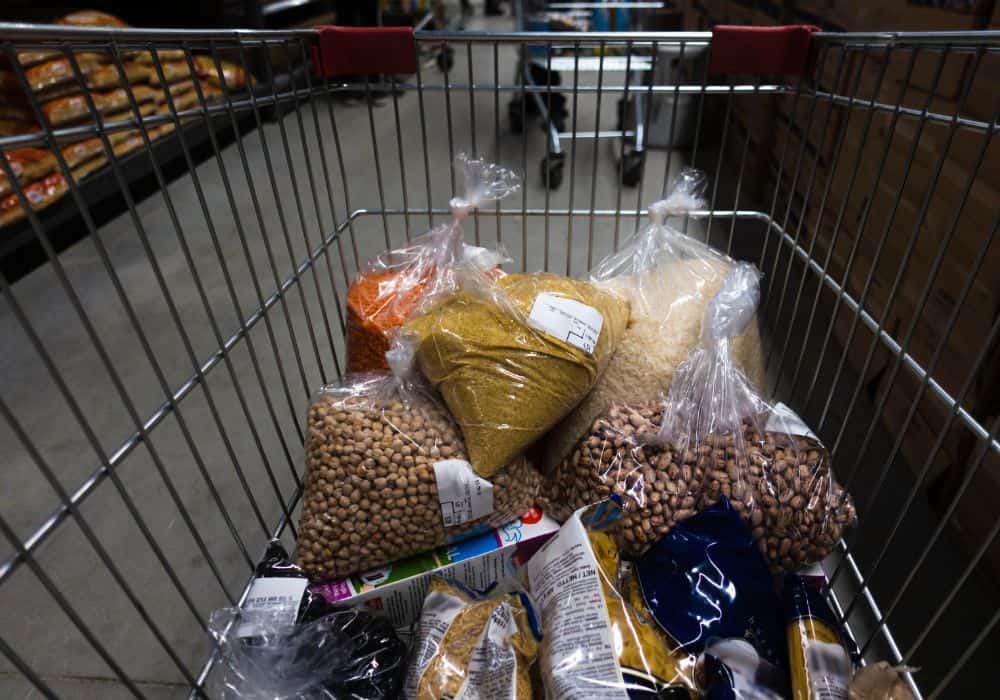
Water Storage and Purification
Water is often overlooked in emergency plans but it is just as essential as food.
Determining water needs
Adequate water intake is crucial for survival. An individual needs approximately one gallon of water per day, half for drinking and the other half for sanitation.
Effective water storage methods
Water can be stored in food-grade plastic containers or stainless steel containers. Remember to avoid using containers that will transfer toxic substances into the water.

Understanding water purification techniques
In situations where the stored water has been depleted, it is necessary to understand water purification techniques. Boiling and the addition of water purification tablets are common ways of purifying water.
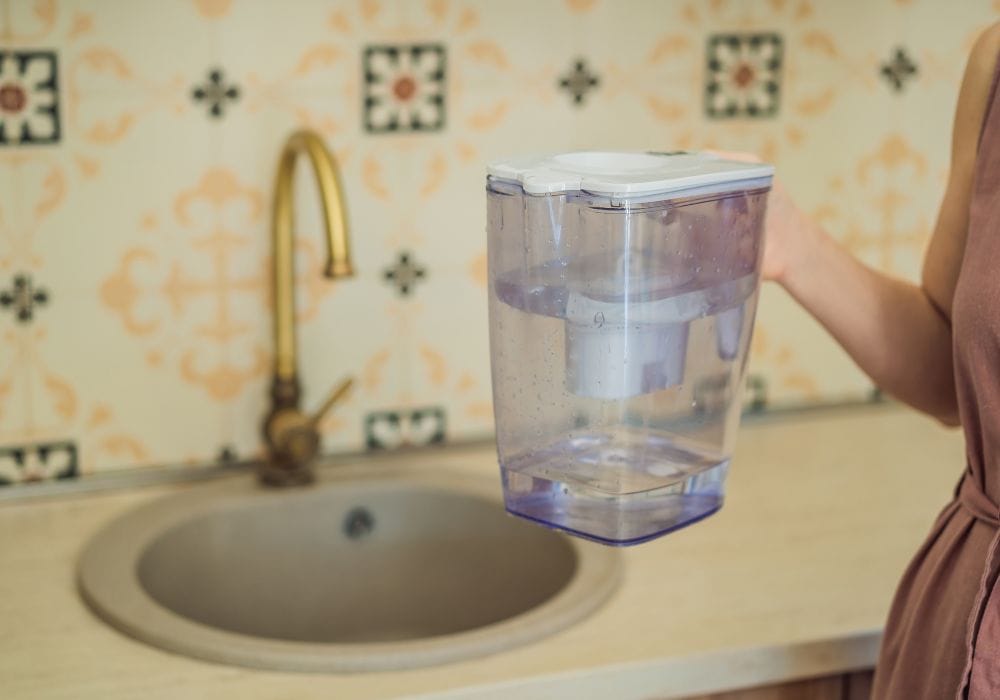
Special Dietary Considerations for Emergencies
In situations of long-term emergencies, individuals with special dietary needs or medical conditions need to be considered.
Catering to food allergies
If someone is allergic to gluten or nuts, for example, it is important to have alternate food supplies for them.
Planning meals for diabetics
For individuals with diabetes, meal planning should focus on foods with low glycemic index and reduced carbs to maintain their blood sugar levels.
Managing meal plans for individuals with cardiac conditions
Similarly, people with heart conditions require low sodium and low cholesterol diets. The emergency meal plan should factor in these needs too.

Food Rotation and Preservation Techniques
For a healthy and efficient pantry, the rotation and preservation of stored food is necessary.
Concept of first-in-first-out
This concept helps to reduce the chance of food going bad. Essentially, the oldest stored food should be consumed first.
Methods of food preservation
There are numerous methods available for preserving food, such as canning, pickling, drying, and freezing, each with its own unique benefits.
Identifying signs of food spoilage
Understanding signs of food spoilage can protect you from food poisoning. Indications might include unpleasant smell, discoloration, or changes in texture.
Meal Preparation During Emergencies
Safe and efficient cooking methods, conserving fuel, and enhancing flavor are principles that need to be followed when it comes to preparing meals during emergencies.
Safe and efficient cooking methods
Regulate the use of energy and opt for one-pot meals or no-cook recipes to save fuel.
Conserving fuel and other resources
Using fuel-efficient stoves and solar cookers helps conserve fuel. Additionally, try to re-purpose water used for cooking and washing dishes.
Enhancing flavor without relying on fresh ingredients
Utilize herbs and spices to add flavors and variety to your meals, without the need of fresh ingredients.
Creating a Meal Plan
Having all the supplies you need is a start, but without a planned approach, maintaining a balanced diet can become difficult.
Evaluating and organizing food supplies
Start by evaluating existing food supplies and organizing them according to their types, shelf life, and nutritional value.
Creating versatile meal plans
Once you’ve organized, create meal plans that are versatile, balanced, and fit the available resources.
Adjusting meal plans as necessary
Adjust the meal plans as necessary based on the availability of resources, changes in health, and preferences.
Keeping Morale High with Comfort Foods
During a long-term emergency, keeping morale high is as important as mere survival.
The importance of comfort foods in emergencies
Comfort foods bring a sense of normalcy and morale boost during trying times, and should not be overlooked when planning meal preps.
Storing long-life versions of favorite foods
Try to accommodate long-life versions of favorite comfort foods. This might include canned versions or ingredients that can be combined to recreate favorite meals.
Creating enjoyable meals in challenging times
Cooking can be challenging during emergencies, but creating enjoyable meals can uplift everyone’s spirits, strengthen unity, and enhance resilience.
Proper meal planning for long-term emergency situations can not only ensure survival but also provide comfort and keep spirits high in challenging times. Today, we may all be secure in our lives, with groceries a short drive away and dinner a phone call away. But it is always wise to be prepared. After all, we have nothing to lose by being prepared, but everything to lose if we’re not.

